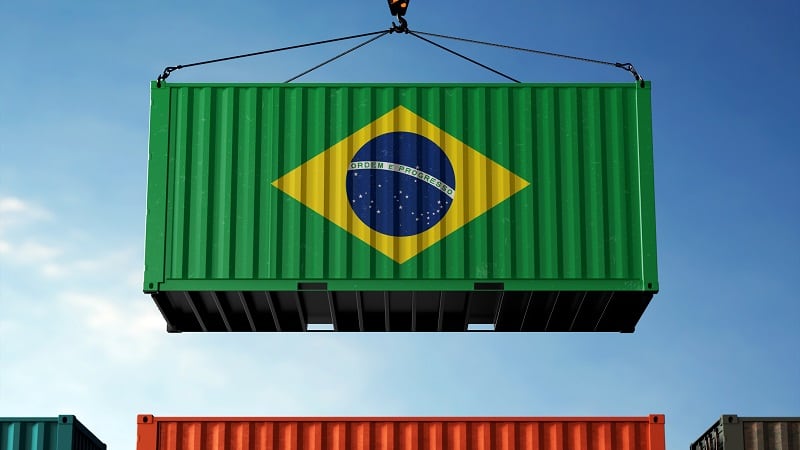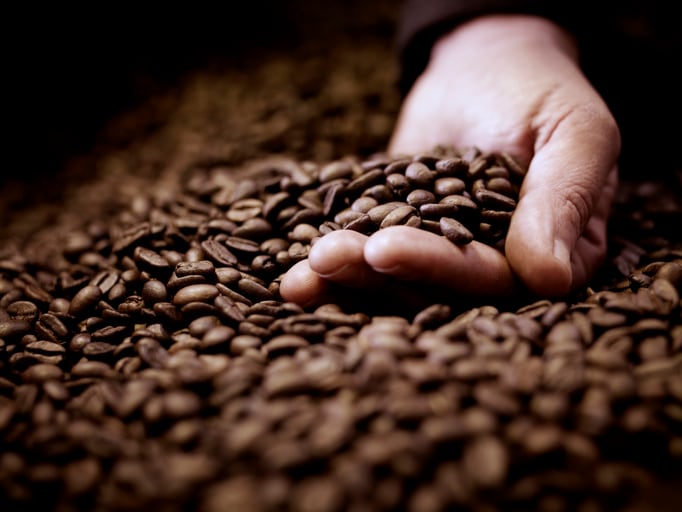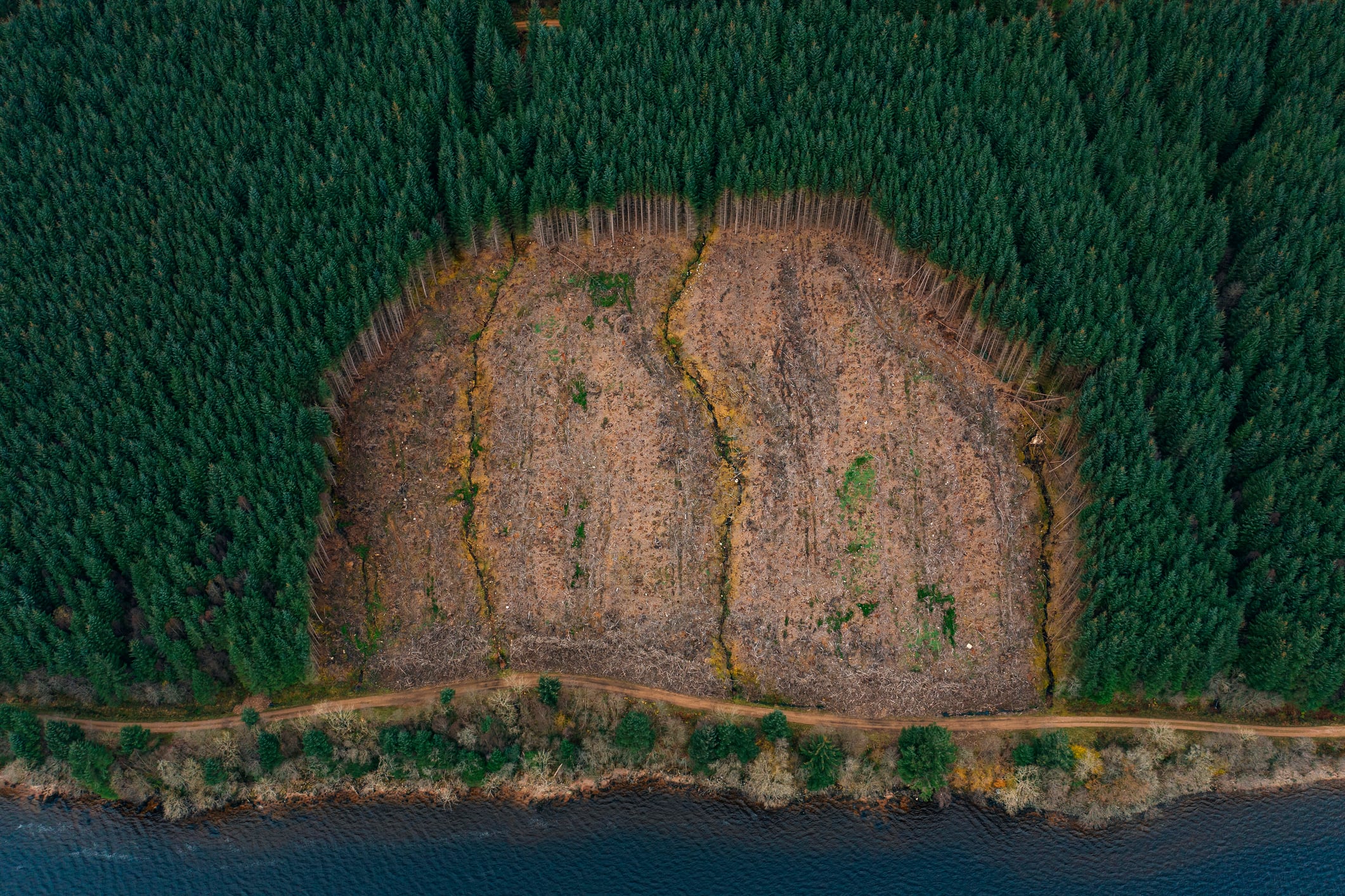Just 30% of upstream suppliers and 12% of those downstream have established systems to trace deforestation risks, a 2025 Forbes analysis has revealed – putting ‘billions’ in EU-bound trade at serious risk.
The notorious and controversial European Union Deforestation Regulation (EUDR) began enforcement on 30 June 2026 for small companies and will come into force on 30 December 2025 for larger ones.
Only commodities and derived products that are traceable, deforestation-free, legally produced, and properly documented as such are EUDR compliant and eligible for the EU market.
Companies must ensure that products made from commodities (cattle, soy, palm oil, coffee, cocoa, timber, rubber) are deforestation-free and produced in compliance with the laws of the country of origin. Businesses must also submit Due Diligence Statements that include risk assessments and geolocation data.
Consequences of non-compliance can include trade bans, financial penalties, and even potential criminal liability.
Despite zero-deforestation commitments becoming standard practice, Forbes revealed that most supply chain actors remain unable to deliver the level of traceability required, with many companies struggling to secure consistent, reliable data from globally complex and opaque networks.
Global supply chains remain “alarmingly underprepared” to comply with stringent requirements, agrees Koltiva, the Swiss-Indonesian traceability expert.
The problem of segregating commodities
Confusion over compliant verses non-compliant commodities is one of the most pressing threats to EUDR compliance, the company believes.
The regulation requires strict separation of goods. Any mixing between compliant, non-compliant, and unknown-origin commodities is prohibited, meaning they must remain physically segregated throughout the entire supply chain. If goods are mixed—whether from unregistered plots or unknown sources—the entire shipment will be barred from entering EU markets.
Achieving full physical segregation when sourcing from smallholders is a significant hurdle for companies, said Andre Mawardhi, Koltiva’s senior agriculture and environment manager.
“These supply chains are often intricate, with many points where mixing can inadvertently happen, and there’s always a chance that some plots may not be fully mapped.”
Some companies may choose to exclude sourcing from smallholders to simplify compliance, he explained, but that approach risks marginalizing farmers who are essential to sustainable commodity production. “Businesses must carefully balance the need for compliance with the importance of inclusion,” he said.
Segregation is even more complex for smallholder farmers. Many smallholders manage multiple plots, some compliant with EUDR, others not.
Without reliable segregation practices, there’s a high risk of mixing products from different plots, which could result in the entire harvest being rejected from EU markets, Mawardhi warned.
Kolvita is urging support, training, education to be given smallholders to do what’s required by the regulation. “Even a small mistake can shut us out of the market altogether,” one farmer complained.





